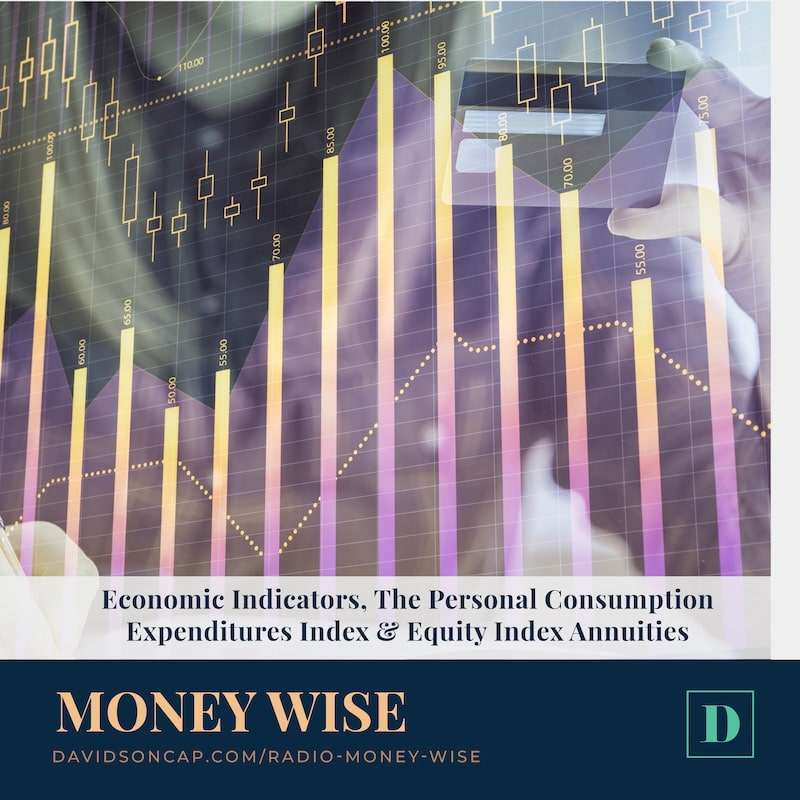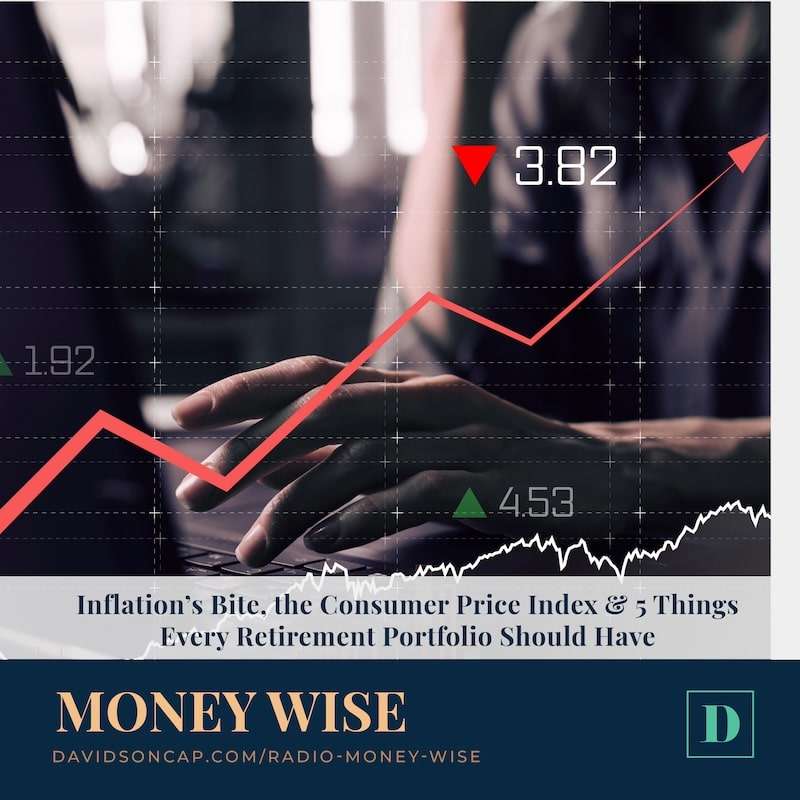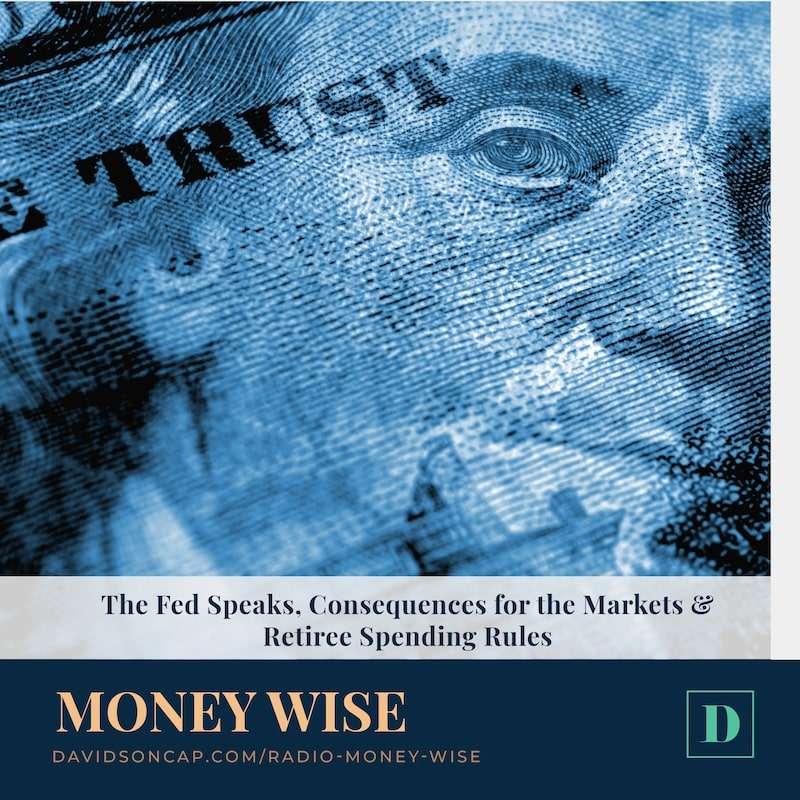In this week’s episode of Money Wise, the Money Wise guys discuss the financial market’s performance, highlighting weekly, monthly, and year-to-date figures. For the past week, the Dow Jones Industrial Average saw an increase of 0.8%, the S&P 500 grew by 0.4%, whereas the NASDAQ fell by 0.3%. Reflecting on March’s performance, the Dow Jones experienced a 2.1% increase, the S&P 500 rose by 3.1%, and the NASDAQ was up by 1.8%. Year-to-date figures reveal the Dow up by 5.6%, the S&P 500 by 10.2%, and the NASDAQ by 9.1%, marking the best start in five years and the best first quarter for the S&P since 2019. The Money Wise guys also touch upon the anticipation around the Personal Consumption Expenditures (PCE) index release, contrasting economic indicators such as PMI numbers indicating contraction and high consumer sentiment reflecting confidence. Additionally, positive economic news included an 8% increase in new home sales, a 1.4% rise in durable goods orders, and an upward revision of Q4 2023 GDP to 3.4%. The discussion includes a conversation surrounding their thoughts on if an imminent recession is going to happen, with analysts speculating about interest rate cuts, suggesting a range of zero to three cuts for the year, amidst adjusting market expectations.
The Personal Consumption Expenditures Index
The Personal Consumption Expenditures (PCE) index is a measure of the average increase in prices for all domestic personal consumption. It tracks the price changes in consumer goods and services, including healthcare, education, and food, among others. As the Federal Reserve’s preferred gauge of inflation, the PCE index provides a broad overview of the inflationary pressures within the economy, helping the Fed in making informed decisions regarding monetary policy. Unlike the Consumer Price Index (CPI), the PCE index accounts for changes in consumer behavior and preferences, such as switching to alternative goods in response to price changes, making it a more comprehensive measure of inflation. This index is crucial because it influences the Federal Reserve’s decisions on interest rates, which in turn affect economic growth, employment rates, and the overall financial well-being of individuals and businesses. Its significance lies in its role as an economic indicator that helps policymakers, economists, and investors understand the health of the economy and the potential for inflation or deflation.
In the second hour today, the Money Wise guys discuss Equity Index Annuities. You don’t want to miss the details! Tune in for the full discussion on your favorite podcast provider or at davidsoncap.com, where you can also learn more about the Money Wise guys or take advantage of a portfolio review and analysis with Davidson Capital Management.




